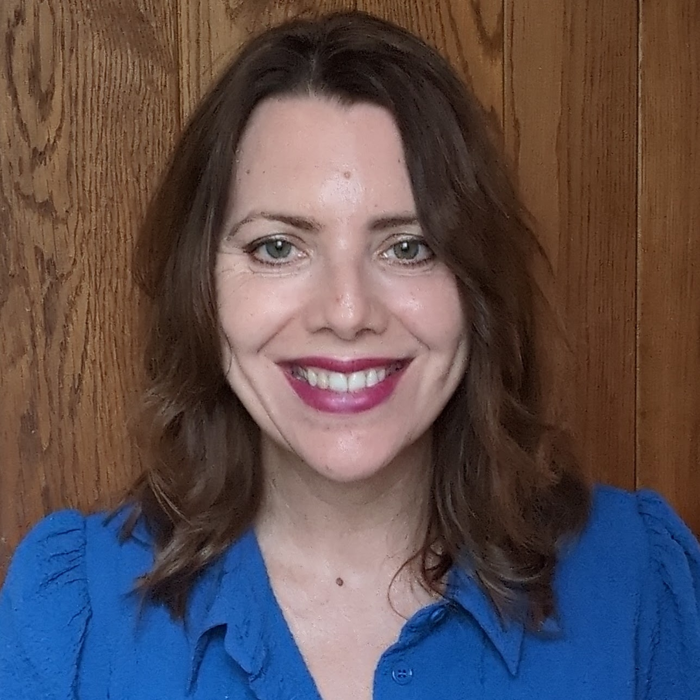Demystifying Research: Evaluating the Efficacy of the Feldenkrais Method®
Thursday 17th October 2024, 2:00 PM - 4:00 PM (London Time)
The Feldenkrais Method® belongs to a class of somatic methods often used in the voice studio to facilitate more efficient use of the body. In this age of ‘evidence-based practice’, it is important for the studio teacher/pedagogue/performer to be able to evaluate research claims. A basic understanding of research methods and biases inherent in the research process is necessary to properly evaluate their conclusions, especially if the research findings influence studio practice.
This course will explore some of the central principles of the Feldenkrais Method in terms of the science of the mid-20th century when they were developed as well as their validation based on contemporary advances in our understanding of neuroscience. Through the lens of modern neuroscience, we will examine a few peer-reviewed efficacy studies in the light the constraints of validity, reliability and objectivity.
Research methods may vary depending on the nature of the research or research question. In broad terms, research is either Quantitative, data statistically derived from experiments or surveys, or Qualitative, based on interviews, documents, or other human interactions. Most of the research involving efficacy of learning methods are quantitative. These types of studies are very effective when dealing with cause and effect such as in chemical interactions. However, when they involve human behaviour, such as in a study involving throwing a baseball, or somatic method such as Yoga or the Feldenkrais Method®, there are often too many variables to conclude reliable recuring outcomes. Validity and reliability depend on exact replication of results. Objectivity depends on neutral metrics, usually numerical values. Thus, many studies, as we shall see, claim that the methods studied are not as effective as claimed, because cause and effect is not easily measurable.
Marina Gilman
Marina Gilman holds a Bachelor of Science Degree from Indiana University, Master of Music degree from Ithaca College, and a Masters of Art in Communication Disorders...

Attend this course for as little as £22 as part of the Voice Professional Training CPD Award Scheme.
Learn MoreSorry, this is an archived short course...
We have plenty of upcoming short courses coming soon. See details of some of them below or look at the full list of short courses.

Tuesday 13th January 2026
5:00 PM - 6:30 PM
Tuesday 20th January 2026
5:00 PM - 6:30 PM
Tuesday 27th January 2026
5:00 PM - 6:30 PM
Tuesday 3rd February 2026
5:00 PM - 6:30 PM
Tuesday 10th February 2026
5:00 PM - 6:30 PM
(London Time)
Introduction to Postgraduate Academic Skills - Join Live!

Debbie Winter
Are you ready to elevate your academic journey? Hosted by our very own Debbie Winter, join our comprehensive Introduction to Academic Skills course, designed to equip you with essential tools and strategies for success in higher education. Perfect for bridging the gap between undergraduate and postgraduate study, this course offers a pathway to our full MA for students without an existing degree. We offer both live, interactive sessions and standalone, pre-recorded content.

Thursday 15th January 2026
5:00 PM - 7:00 PM
Thursday 22nd January 2026
5:00 PM - 7:00 PM
Thursday 29th January 2026
5:00 PM - 7:00 PM
Thursday 5th February 2026
5:00 PM - 7:00 PM
Thursday 12th February 2026
5:00 PM - 7:00 PM
(London Time)
Trauma-Sensitive Voice Professional Certificate with Dr Elisa Monti

Dr Elisa Monti
Updated for 2026, this five-part certificate course is designed to help participants learn the theory and practice of trauma-sensitive approaches. The concepts and activities included are tailored to meet the needs of voice specialists who want to acquire more specific tools to navigate the space with their students and colleagues.

Monday 9th February 2026
5:00 PM - 7:00 PM
(London Time)
Certificate in Applied Voice Pedagogy with Adam Roberts

Adam Roberts
Spring Immersive - live and interactive learning! This 12-week online programme is designed for voice professionals committed to deepening applied voice pedagogy skills and advancing professional practice. The course offers a rich environment to reflect on your teaching philosophy and develop applied pedagogical techniques. It is ideal for voice teachers, coaches, therapists, and performers seeking to bridge foundational knowledge with practical, student-centered applications.
